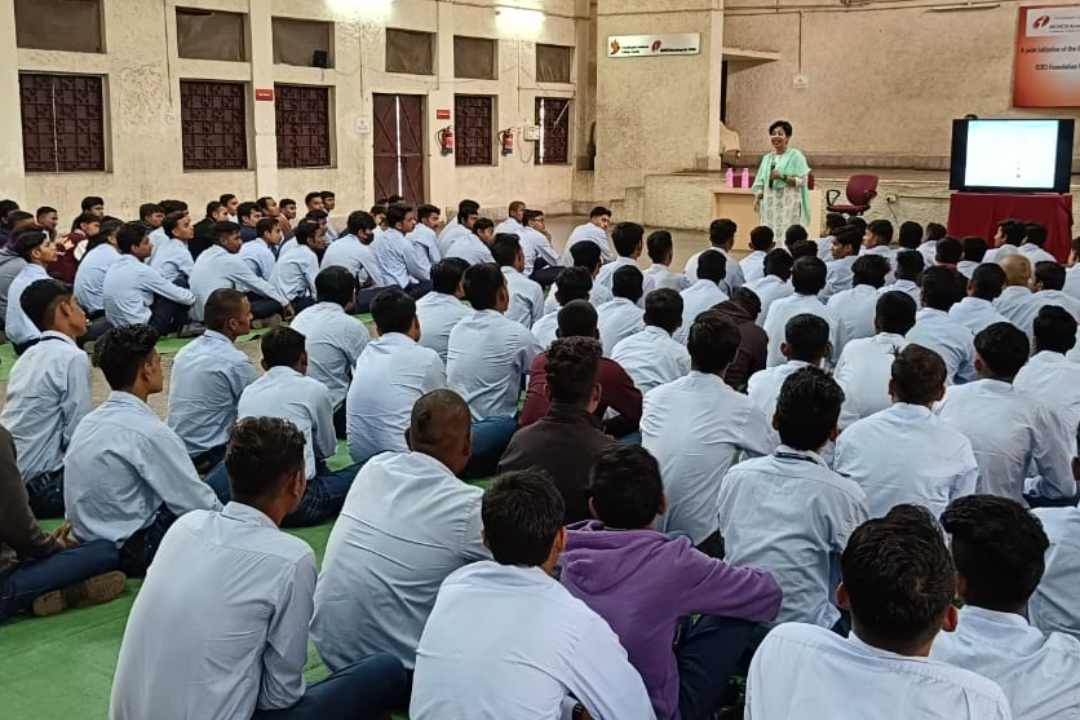
In rural communities, the misconception that only promiscuous women get HPV infection is unfortunately prevalent, but it's crucial to dispel this myth with factual information. Human Papillomavirus (HPV) is one of the most common sexually transmitted infections worldwide, and its transmission is not solely tied to sexual promiscuity. HPV can be contracted through any form of intimate skin-to-skin contact, including genital-to-genital, oral-to-genital, and even hand-to-genital contact. This means that even individuals who have had only one sexual partner can still become infected with HPV.
Education plays a pivotal role in
combating this myth and promoting accurate understanding about HPV
transmission. It's important for rural communities to recognize that HPV
doesn't discriminate based on someone's sexual behavior or the number of sexual
partners they've had. Rather, it's a highly contagious virus that can affect
anyone who engages in intimate contact, regardless of their perceived level of
promiscuity. By providing comprehensive sexual health education that emphasizes
the modes of HPV transmission and the importance of prevention measures such as
vaccination and regular screenings, rural communities can empower individuals
to make informed decisions about their sexual health.
Furthermore, it's essential to
address any stigma or judgment associated with HPV infection. By promoting open
and non-judgmental discussions about sexual health within rural communities,
individuals can feel more comfortable seeking out information, testing, and
treatment for HPV and other sexually transmitted infections. Ultimately,
breaking down misconceptions about HPV and fostering a supportive environment
for sexual health education and awareness can lead to healthier outcomes for
individuals in rural communities.
Newsletter
Copyright © 2026 All Rights Reserved
Powered By: Ingenious Insights